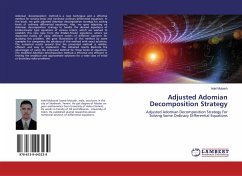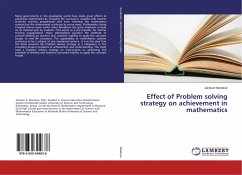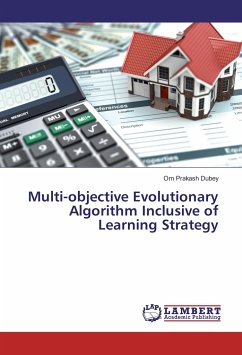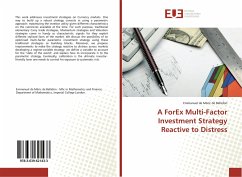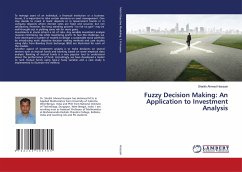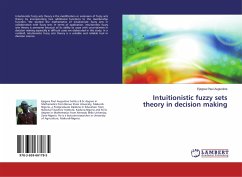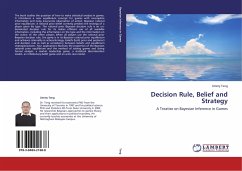
Decision Rule, Belief and Strategy
A Treatise on Bayesian Inference in Games
Versandkostenfrei!
Versandfertig in 6-10 Tagen
52,99 €
inkl. MwSt.

PAYBACK Punkte
26 °P sammeln!
The book studies the question of how to make statistical analysis in games. It introduces a new equilibrium concept for games with incomplete information and noisy inaccurate observation of action: Bayesian rational prior equilibrium. A rational prior belief correctly predicts the strategy of a player given his type. The rational prior Bayesian decision rule is an un-dominated decision rule for its makes efficient use of all available information, including the information on the type and the information on the action of the other players. When all players use the rational prior Bayesian decis...
The book studies the question of how to make statistical analysis in games. It introduces a new equilibrium concept for games with incomplete information and noisy inaccurate observation of action: Bayesian rational prior equilibrium. A rational prior belief correctly predicts the strategy of a player given his type. The rational prior Bayesian decision rule is an un-dominated decision rule for its makes efficient use of all available information, including the information on the type and the information on the action of the other players. When all players use the rational prior Bayesian decision rule, the game is in its Bayesian rational prior equilibrium and achieves rationality in action/strategy, beliefs (both prior and posterior) and decision rule as well as consistency between beliefs and equilibrium strategies/actions. Four applications illustrate the properties of the Bayesian rational prior equilibrium and the method of solving games and doing formal analysis: a market leadership game, a statistical discrimination model, an inflationary belief game and an arms race model.




